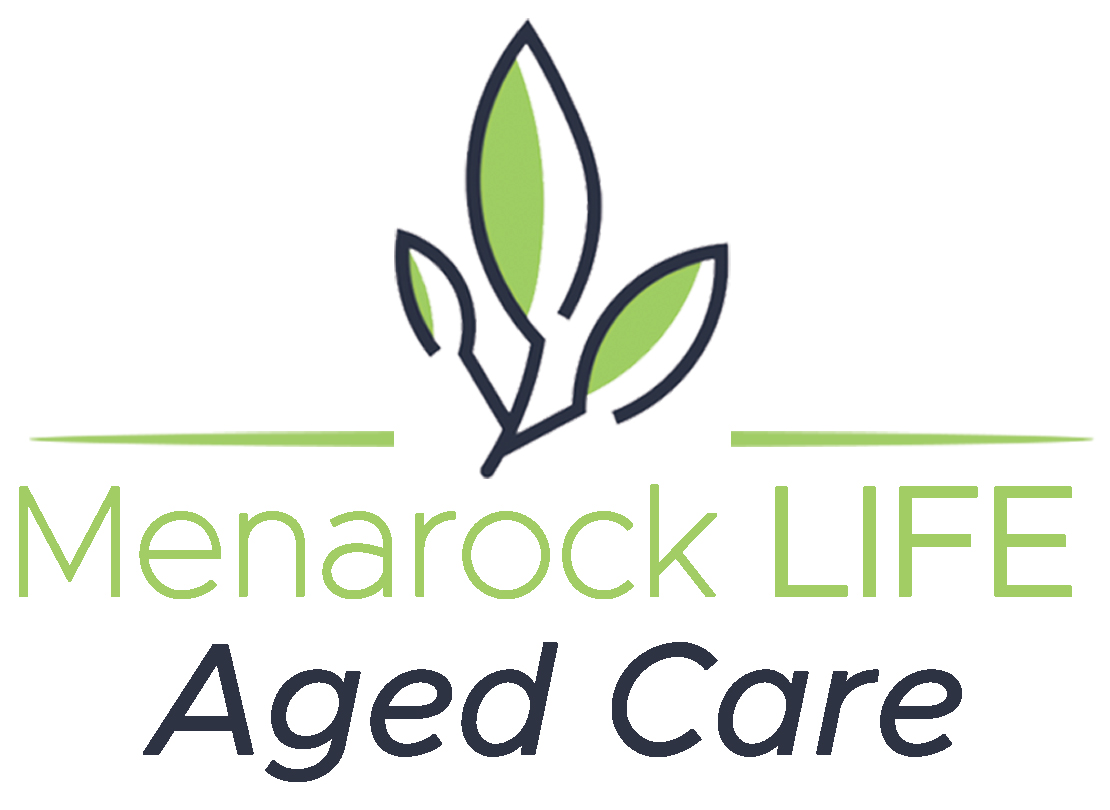You can decide to go on a budget and determine how much you are willing to spend. You can go ahead to tailor your search according to your budget. There are several costs associated with aged care. The amount you pay is dependent on factors such as income size, choice of home, and others. In this article we have provided you with basic costs encountered in aged care homes, types of care available in aged homes, and an idea of what cost to factor in when deciding on aged care.
Types of the costs you might encounter in aged care homes
- Basic daily fee: just as the name implies, basic daily fees cater to food, cleaning, facility management, and other essentials in the home. This money is paid directly to your aged home and cannot be more than 85% of the total basic single person full pension rate. Currently, the maximum daily fee for aged homes is $56.87 daily or an annual rate of $20,757.55 as stipulated on the department of health website here.
- Means-tested care fee: unlike the basic daily fee, a means-tested care fee is not compulsory for everyone. This means while most would have to pay for it, others won’t. This fee is determined by your income and asset assessment and can range between $0 and around $250. Proceeds from this fee go to personal care and include nursing services. This feed is calculated by Services Australia once you enter. However, it is important to note that the means-tested care fee is not fixed and might vary from time to time.

Changes to aged care fees
The total amount paid to aged care is not fixed, it may vary over time due to these reasons:
- Changes to your financial circumstance: while in care, you may experience a change in your fees owing to an increase or decrease in personal finances. It is important to notify the department that handled your means assessment to determine what you should pay.
- Changes to your fees can also happen due to a switch in your circumstances. Ensure you notify the department that conducted your assessment for reassessment.
- Changes in government funding and indexation can affect your fees in an aged home. If the age pension amount increase, it might alter the current fees for aged care.
- A change in your care needs may also increase your total cost. An example is going from independent to needing assistance for everyday tasks.
- Another reason for a change in fees is annual or lifetime caps. There are annual and lifetime caps applicable to both income-tested and means-tested care fees.
In line with Australian laws, the current charge permissible for aged homes now is $30,574.33 or a lifetime fee amounting to $73,378.49. One of the ways service Australia will determine if you are paying the right fee is during quarterly reviews. They are usually completed on January 1, March 20, July 1, and September 20 annually.
Accommodation fee: another important fee to bear in mind is the accommodation fee. This fee is determined by your aged home and is influenced by factors such as room size, location and amenities included. Accommodation fee is not fixed, it varies from one home to another, and hence you need to do in-depth research on pricing before settling.
- Additional Services: this fee caters to specific or unique services offered by your home. This can be included in your daily cost or charge differently when you decide to use any of those services. Always speak to your home to determine the cost of the service fee and whether it is mandatory for residents.
Types of care available
- Care in your home: this is driven to help you stay supported and independent whilst still living in your home. It covers areas such as food, transportation, social activities, shopping, and others. The Australian government subsidises entry-level support from the Commonwealth Home Support Programme.
- Residential care in aged homes: this can be a temporary arrangement or permanent. This is for older persons who cannot continue living at their home or require assistance with everyday tasks and health care. The Australian government subsidises this cost to make it affordable and available for all Australians.
- Privately funded care: when you opt for this care, you are ineligible for government support and have to cover all the costs yourself.

What is the role of the government in aged care?
To subsidise the cost of aged care and ensure affordable services for everyone, the Australian government handles part of the cost and supplements for the elderly. These subsidies are paid directly to these homes, cutting down the costs. If you are financially incapacitated and unable to support yourself in an aged care home, you might decide to seek financial assistance. In cases of eligibility, the Australian government will cover all or part of your total costs.
Wrapping up
Just like other necessities in your life, making provision for aged care is essential. This is even preferable if you don’t own a home. While deciding on settling for aged care in your older days, it is important to consider the cost involved in such choices. How much you pay will largely depend on how much you earn, the type of home you are seeking, and the extra services you might be interested in. Ensure you have a budget to cover aged care and consider going for a home that meets all of your needs. Bear in mind that the cost of aged care might vary over the years due to factors such as government funding, change in financial circumstances, and others.
Menarock LIFE Aged Care is a great place to live. Our homes are established to give you the life you deserve. If you still have doubts about us, plan a visit to any of our homes, today. To get started, send us an email today at enquires@menarocklife.com.au or talk to our admissions team on 1300 096 971.



